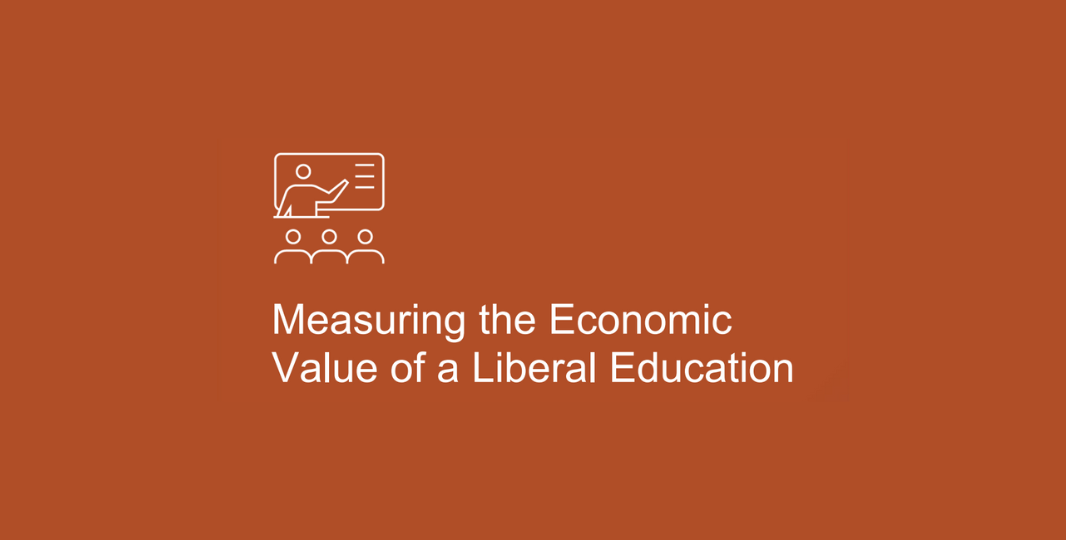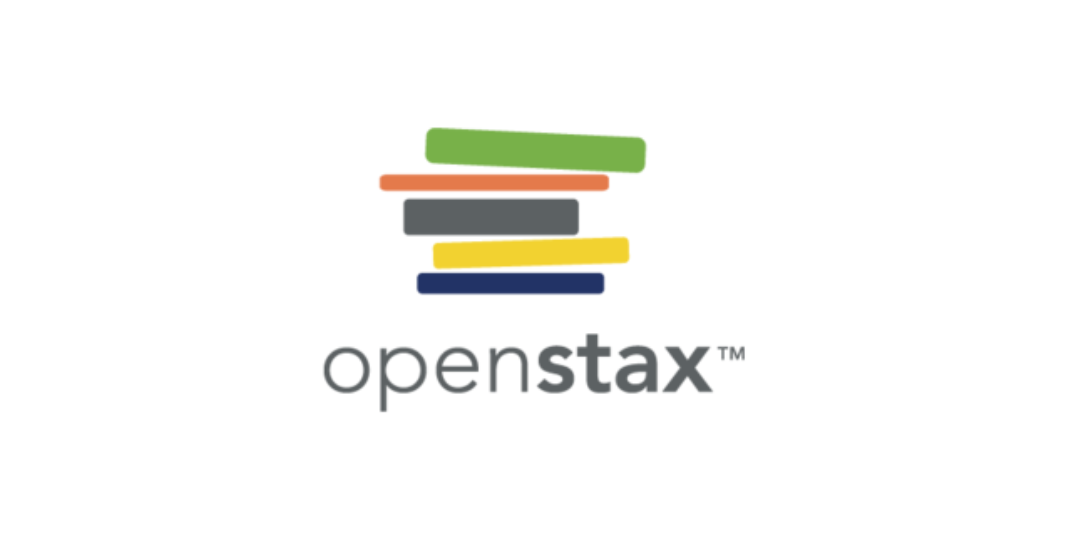For decades, the high cost of commercial textbooks has posed a significant barrier to student success in higher education. The for-profit textbook sector currently generates approximately $6 billion annually, with individual students spending an average of $556 per year on required course materials. These costs often fall outside the scope of financial aid, disproportionately impacting students from low-income backgrounds. For community college students, in particular, textbook expenses represent roughly 11% of total educational costs and can account for more than half of their out-of-pocket college expenditures. The consequences are profound: The Student Textbook and Instructional Materials Survey found that many students facing these costs choose to delay or forgo course enrollment, withdraw from classes, or reduce their course loads, all of which impede academic progress and degree completion.
Addressing this affordability challenge, OpenStax at Rice University has emerged as a national leader in the open educational resources (OER) movement. Founded in 2012, OpenStax has developed a comprehensive library of free, peer-reviewed, openly licensed textbooks that are accessible to students and educators worldwide. In contrast to conventional publishers, OpenStax employs a philanthropic and mission-driven model that prioritizes access, equity, and academic success. Its texts are enriched with interactive features—including embedded videos and audio—to enhance student engagement and support diverse learning styles.
Recognizing its transformative impact, AVDF awarded OpenStax a $500,000 grant to support the successful expansion of its liberal arts catalog, completed in 2024. This funding contributed to the development of seven new textbooks in fields where high-quality, affordable resources have historically been scarce. The texts include Writing Guide, with Handbook; Introduction to Philosophy; World History, Volumes 1 and 2; Introduction to Anthropology; Introduction to Political Science; and Lifespan Development. These resources are freely available online and offered in low-cost print formats, ensuring flexibility and access for a wide range of institutions and learners.
“By developing free, peer-reviewed textbooks for liberal arts education, OpenStax is helping eliminate one of the most persistent barriers to student success—textbook affordability. This initiative not only saves students money, but also supports degree completion, deepens academic engagement, and enables meaningful learning without the burden of financial strain,” said AVDF President and CEO Michael Murray.
The reach and impact of these materials have already been substantial. By the close of the grant period, six of the seven completed titles had been adopted by faculty across numerous institutions, collectively serving over 422,000 students and generating an estimated $33.4 million in cost savings. This usage underscores both the demand for and the quality of OpenStax content, which rivals that of traditional publishers. In fact, 26% of faculty teaching large introductory courses now report using OER materials, a rate on par with leading commercial offerings.
Beyond cost savings, the educational benefits of OER are well-documented. Empirical research consistently demonstrates that students using open educational resources achieve comparable or better academic outcomes than their peers who use commercial textbooks. Moreover, OER adoption contributes to increased retention and completion rates, especially among underserved student populations.
OpenStax’s innovative funding and dissemination model has also had a broader systemic impact. The growing popularity of its textbooks has exerted downward pressure on textbook pricing across the industry. For the first time in over five decades, average textbook prices have begun to decline—a trend widely attributed to the disruptive influence of OpenStax and its partners.
To ensure sustainability, OpenStax maintains its existing titles through a hybrid revenue model. Philanthropic investments fund the development of new materials, while print sales and mission-aligned royalties from ed-tech partners support ongoing operations and updates.
OpenStax is supported by several funders, including the William and Flora Hewlett Foundation, the Bill and Melinda Gates Foundation, the Charles Koch Foundation, the Maxfield Foundation, and Stand Together. A grant from the U.S. Department of Education further reflects the growing recognition of OpenStax’s national significance.
An unexpected yet promising outcome of the AVDF-funded library expansion has been the integration of OpenStax materials into artificial intelligence tools. Notably, Google’s Gemini extensions program now enables users to generate AI responses grounded in OpenStax content, enhancing both discoverability and application of the resources in academic and everyday contexts. This development represents a new frontier for educational access, positioning OpenStax at the intersection of open learning and emerging technologies.
The AVDF grant has supported the development of seven enduring, high-impact liberal arts educational resources that are reshaping how students access and engage with course materials. With over 400,000 learners reached to date and millions more expected in the years ahead, these textbooks exemplify the power of philanthropic investment to drive scalable, systemic change in higher education.
Back to all Stories


